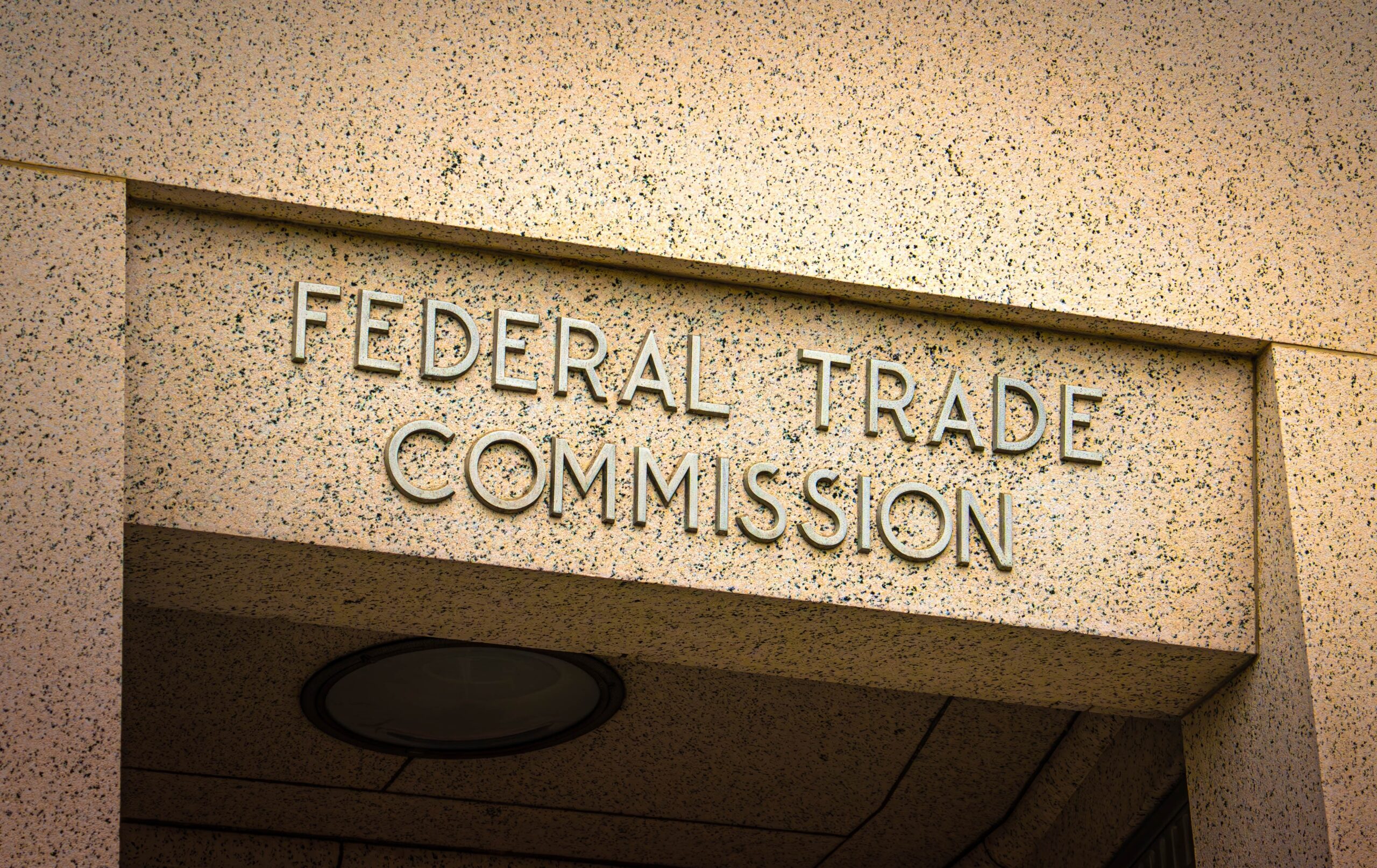In a time of skyrocketing grocery prices, the Federal Trade Commission’s (FTC) decision to challenge a proposed merger of two of America’s largest grocery store chains is unsurprising. Their reasons for intervening, however, are unprecedented.
The federal agency announced its lawsuit to block the merger on February 26 and cited two theories for the challenge: increased prices and significant threat to union bargaining power. In his reporting for Law 360, journalist Bryan Koenig confirmed with the FTC “that this case represents the first time the agency has brought a merger challenge with a labor focus.”
A public copy of an administrative complaint filed by the FTC said collective bargaining fostered competitive wages for the hundreds of thousands of workers employed by Kroger and Albertsons, the two grocery stores involved in the aforementioned merger.
The complaint explained, “Union grocery workers’ primary leverage during CBA negotiations is the ability to credibly threaten a strike. When workers withhold their labor during a strike, workers also encourage customers to shop at a competing supermarket, preferably another union grocery employer. Thus, a strike is effective because the employer loses sales and customers to competing supermarkets.”
